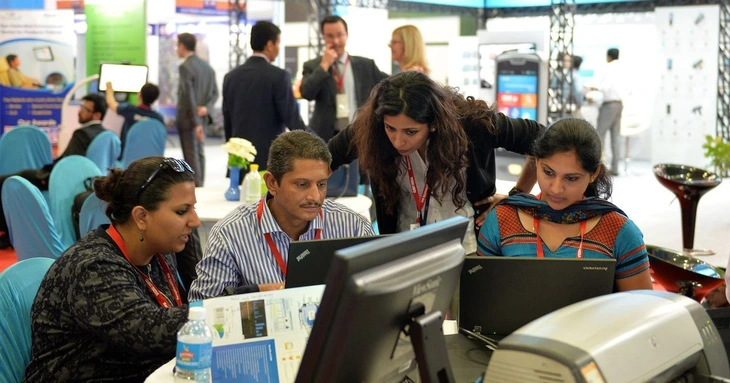
The American dream of many Indians has been shattered after the announcement of new fees for H-1B visas - Photo: AFP
For a long time, hundreds of thousands of Indian students and engineers have considered the H-1B visa as a "golden ticket" to enter the US job market, especially in the technology sector.
But now, with the huge fees and legal uncertainties that come with it, both India's educational dreams and its $283 billion IT industry's dependence on the US market are facing a major challenge.
The American Dream is fading away
Sudhanva Kashyap, a 21-year-old aerospace engineering student in Bengaluru, had dreamed of studying at a top US university, with the ultimate goal of working in Silicon Valley. But those plans were dashed after Washington unexpectedly announced new fees for H-1B visas.
"My biggest dream has now been derailed," Kashyap told AFP in disappointment.
Kashyap is not the only one. Many other Indian students and workers are in the same situation. According to the US Department of Homeland Security, in 2024 there were more than 422,000 Indian students in the US, an increase of nearly 12% compared to the previous year.
Meanwhile, the US only issues 85,000 H-1B visas each year through a lottery, and India accounts for 71% of them. With the new fee, many students say the path to the US has become too far away, forcing them to seek opportunities in other countries such as Germany, the Netherlands or the UK.
“The fees are too high for companies to even consider sponsoring foreign workers,” said Shashwath VS, a 20-year-old chemical engineering student. “The US was my top priority, but not anymore.”
Not only young people, even veteran workers in the technology industry feel the impact.
“One in two or three people working in the IT industry dream of settling or working in the US. But now fewer people will migrate to the US, and they may look to other countries,” said Sahil, 37, who worked in the US for seven years on an H-1B visa before returning to India.
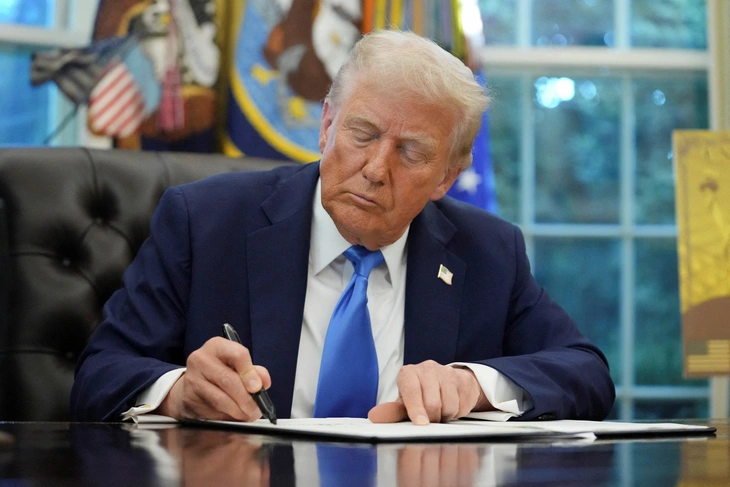
President Trump during the signing of the decree announcing the $100,000 fee for H-1B visa applications at the White House on September 19 - Photo: REUTERS
Indian tech industry faces new challenges
For Indian tech giants, Mr Trump's move comes as a real shock.
According to Reuters, the country's $283 billion information technology industry depends on the US market for about 57% of its revenue, with companies such as Tata Consultancy Services, Infosys, Wipro and HCLTech having long taken advantage of the H-1B program to send engineers to work for US customers.
With the new fee, companies with large customers such as Apple, Microsoft, JPMorgan Chase, Walmart, Meta and Google were forced to adjust their strategies: limit the rotation of personnel to the US, step up the provision of remote services and increase the recruitment of US citizens or green card holders.
Many businesses have immediately advised employees holding H-1B visas not to leave the US until there is clearer guidance.
India's information technology industry association Nasscom warned the new rules would have a "knock-on effect on the US innovation ecosystem" and disrupt tech projects.
Analysts say this could disrupt the hybrid “on-shore-offshore” model that has kept India’s IT industry profitable for decades.
“Clients will ask for re-pricing, delay the implementation time, or even adjust the project scope to reduce staff in the US,” said Phil Fersht, managing director of market research firm HFS Research.
Meanwhile, many immigration lawyers predict that Mr. Trump’s move will quickly face legal challenges. Some law firms in the US have prepared lawsuits to oppose this regulation, arguing that it will severely limit the access to work opportunities for skilled workers, and may weaken the recruitment needs of American companies.
The H-1B visa allows US companies to sponsor foreign workers with special skills - such as scientists , engineers, programmers - to work in the US, initially for three years and with the visa renewable for up to six years.
Source: https://tuoitre.vn/nganh-cong-nghe-an-do-chao-dao-truoc-tin-my-ap-phi-100-000-usd-cho-visa-h-1b-2025092213280436.htm










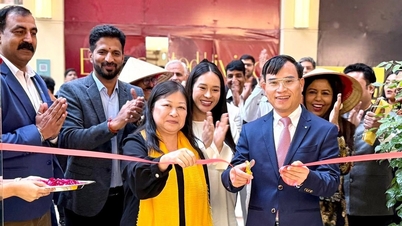
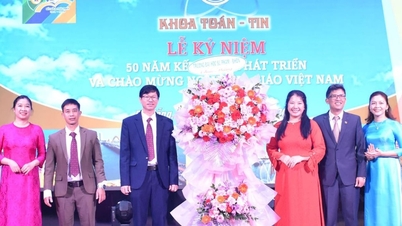



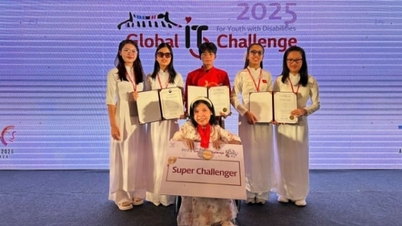

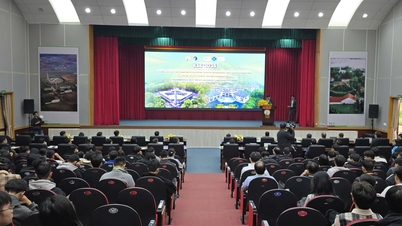



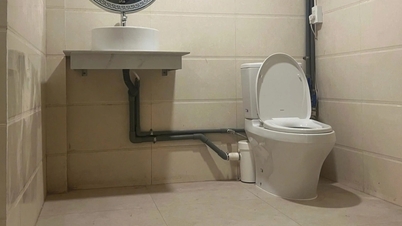


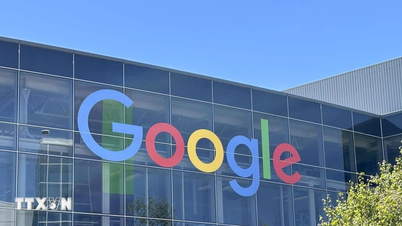
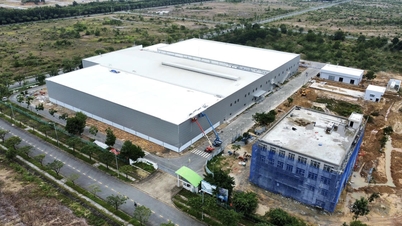






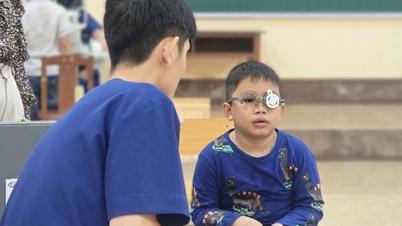
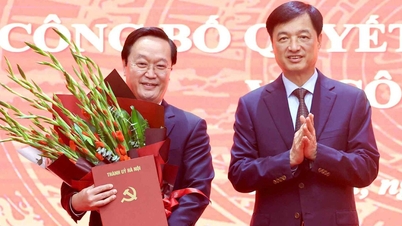
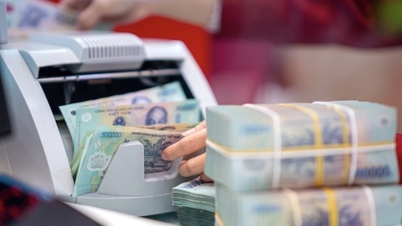





































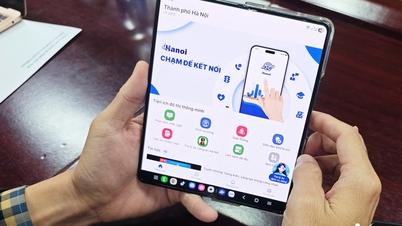


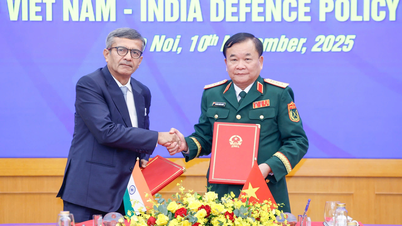
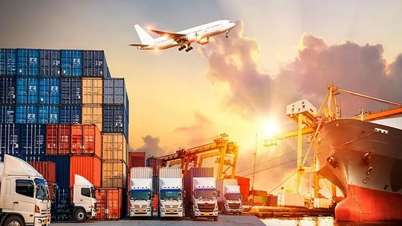

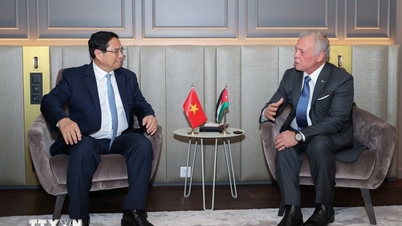


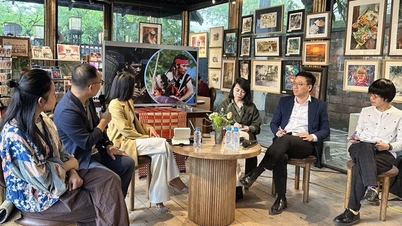


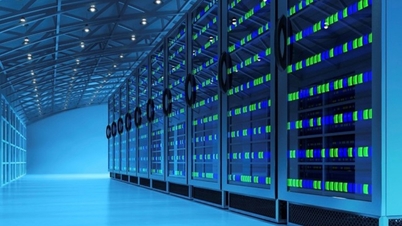

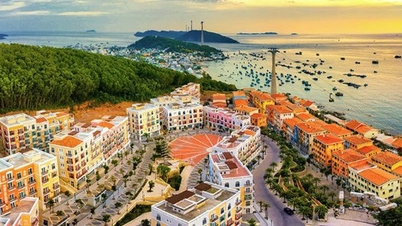


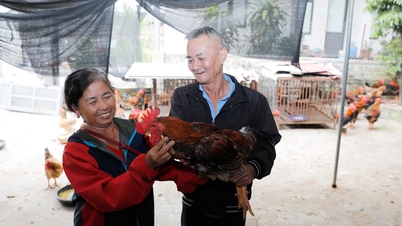

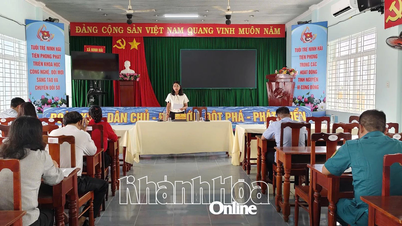
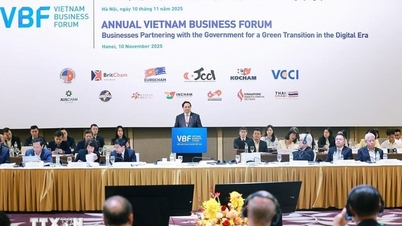


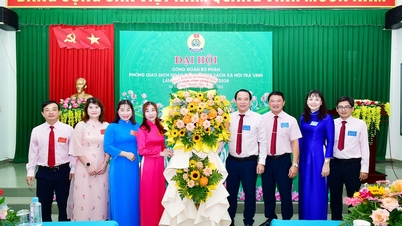

![Dong Nai OCOP transition: [Article 3] Linking tourism with OCOP product consumption](https://vphoto.vietnam.vn/thumb/402x226/vietnam/resource/IMAGE/2025/11/10/1762739199309_1324-2740-7_n-162543_981.jpeg)













Comment (0)